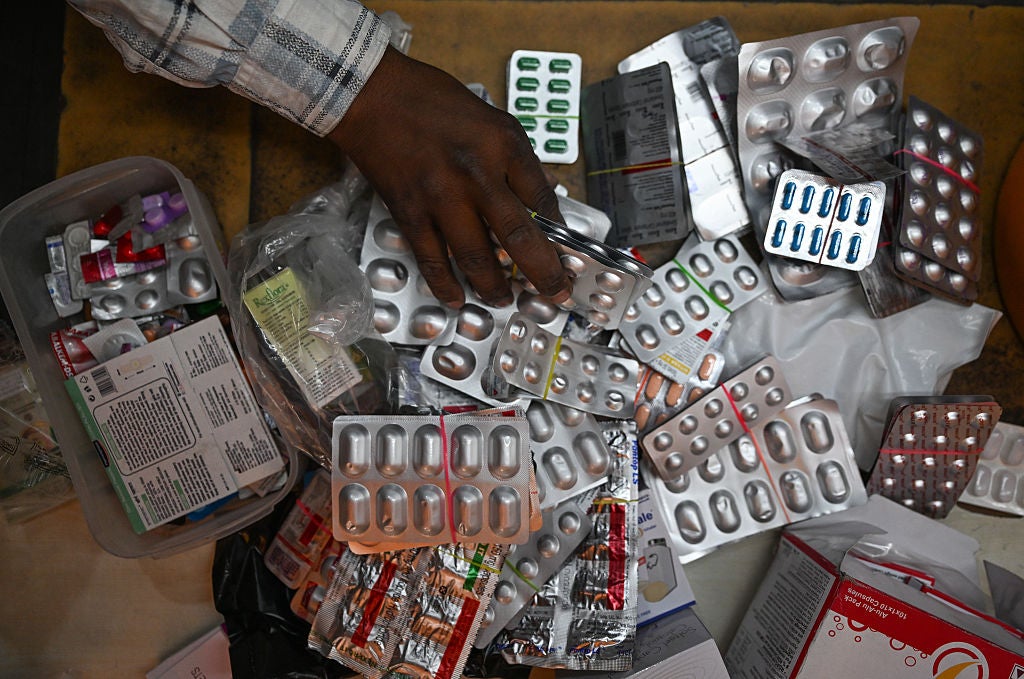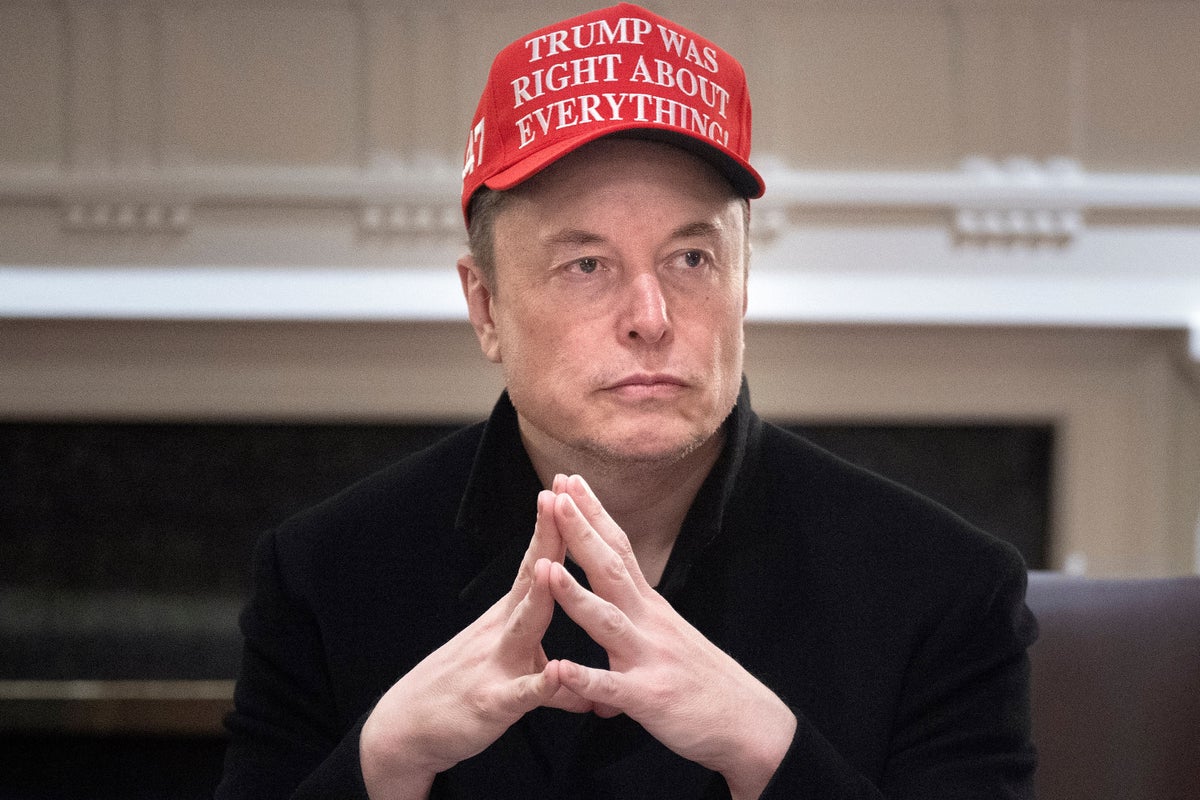Tariffs have played havoc with investors and businesses over the past few weeks, with stock markets facing a rollercoaster time since Donald Trump announced his plan aimed at redressing trade imbalances with other countries.
While some of those have since been rolled back – at least temporarily – aluminium, steel and auto parts still have extra levies in place on exports to the US.
But one sector – pharmaceuticals – is still waiting to learn what taxes it faces, with the US president expected to place tariffs on the industry in the coming days, vowing on 8 April that they were coming “very shortly”.
Those in the industry fear the level of tariffs could be similar to the 25 per cent faced by the auto parts industry. This could have a significant effect on the flow and supply of medicines and vaccines around the world if companies chose to move to the US to avoid paying them, because, as Mr Trump has pointed out, the US no longer makes its own drugs. “All I have to do is impose a tariff. The more, the faster they move here,” the president suggested.
Analysts have cautioned that tariffs could impact company profit margins which, in turn, would reduce the amount of funds available to be ploughed back into research for new drugs. However, disruptions to drug supplies themselves could be even more costly to those who rely on them.
So, what does this mean for the NHS? In the UK, any fears over heightened prices should prove unfounded – at least in the near to mid-term.
Pharmaceutical industry experts have suggested to The Independent that while total pharma exports from the UK to the US are “significant”, with up to a third of products made here heading that way, even loss of earnings from reduced demand on that side of the water shouldn’t have a big impact on supply or price to UK buyers, which includes the NHS.
While businesses may at times lift some prices to recoup lost earnings as a result of tariff-induced cancellations or lost customers, this would likely be a widespread issue with multiple companies seeking new customers, which should limit price hikes.
“Because the US is trying to shift from imported to domestic sources, you might get US demand falling,” Amar Breckenridge, senior associate at Frontier Economics told The Independent.
He added: “But that would put downward pressure on prices [in the UK]. Other countries looking to export to the US will in turn look for other markets, including the UK – again that’s downward pressure on costs. Those two factors, trade diversion and demand, shouldn’t be inflationary.”
“This assumes no retaliation on tariffs – I don’t think there will be on pharmaceuticals specifically.”

Brad Ashton, international trade partner at economists RSM, agreed that the UK could see a “short-term price reduction” on the back of US-bound products being diverted, while adding that any “impact on supply chains could impact the availability of medical supplies in the long term, reduced R&D funding” – potentially impacting patients.
Speaking to Bloomberg last week, GSK CEO Emma Walmsley said the UK-based company has been keen to maximise opportunity in the US, which “has been the priority for investment”. But she but also pointed out that despite not manufacturing in China, there remained future “opportunity in the market” for expansion there.
The Independent understands that GSK is optimistic over its ability to handle any upcoming changes, but that is caveated by the fact there’s still little detail available on what it may face. Even so, approaches such as dual sourcing and scenario planning will aid them and others in the pharma world to deal with any disruptions to the supply chain and keep the flow of medicines moving around the globe.
Still, detail is where certainty will come from. Where the drugs affected by tariffs originate from or are shipped from could both have impacts. Many operators will have production sites, labs and offices across the world.
GSK is a UK-listed company, yet only around two per cent of its business – the company reported £31bn annual turnover in 2024 – is done here. More than 50 per cent of its sales are in the US – the single largest market for medicinal distribution.
That’s typical for pharmaceutical companies as a result of the population size, economic strength and the commercial element available within the nation, industry insiders said.
On the London Stock Exchange, several companies operate in the healthcare sector. AstraZeneca, the largest of any business in the FTSE 100 by market capitalisation, did not respond to a request for comment on the impending tariffs. GSK sits in the top ten with a £55bn market cap, with Hikma Pharmaceuticals, a smaller outfit at £4.2bn, but still in the top 100 listed companies in the UK.
The three firms have seen their share prices decline by 11, 14 and seven per cent over one month – with the latter down 18 per cent since mid-February. Danish Ozempic-maker Novo Nordisk and German giant Bayer are down in share price 23 and 13 per cent respectively since mid-March.
All that equates to tens of billions worth of capital value eroded even before tariffs are placed.
A research note from Barclays highlights the uncertainty the sector faces at the present.
While the bank surmised that the likes of Bayer, Hikma and GSK may be most exposed to risks from tariffs, AstraZeneca was listed as one of the least exposed. Even that was tempered though, with “many unknowns”.
When the tariffs do eventually land, it’s likely that some companies see further damage to share prices and others will quite possibly be pondering their futures on this side of the world.



